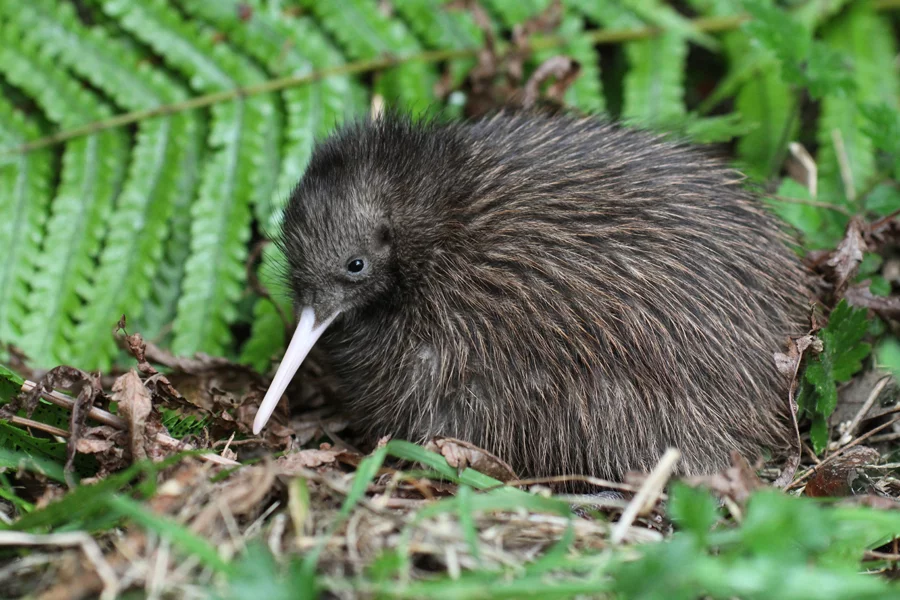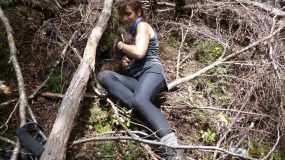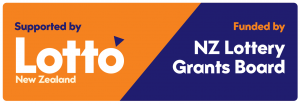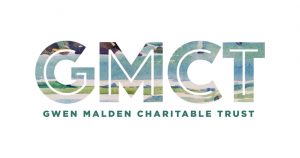SOKK is focused on the Kaweka Forest Park, situated in the central North Island between Hawke’s Bay and Taupo. It contains a mixture of beech forest, kanuka and manuka scrub with pockets of podocarp forest and alpine tussock at higher altitudes.
SOKK is run by the Environment, Conservation and Outdoor Education Trust (ECOED), which was established in 2002 to halt the decline of North Island brown kiwi in the Kaweka Forest Park.
At that time, the park’s estimated kiwi population was about 200 kiwi. In response to this crisis, ECOED initiated the Save the Kiwi Hawke’s Bay Project, which is now known as Save Our Kaweka Kiwi (SOKK).
Our goal is to restore a healthy population of kiwi in the Kaweka Forest Park by:
- Maintaining and expanding our local kiwi population
- Using kiwi preservation to promote environmental education
- Seeing the Kaweka Forest Park restored to a safe and healthy environment for kiwi and other native flora and fauna to thrive
In the park, SOKK has established a core breeding population of male kiwi that can be monitored. By checking the data outputs from transmitters attached to the males, we can tell if a kiwi is nesting and, later, if chicks have hatched. When chicks are ten days old, the nest is raided and chicks taken to the kiwi crèche at Lake Opouahi Scenic Reserve for rearing. When funds permit, we are also able to incubate recovered eggs.
Each tagged adult kiwi is also given a health check twice a year, whilst juvenile kiwis returned into the park are monitored every six weeks until they reach 1400g. At that weight, they are classified as adult kiwi.
The project has been involved in a range of other innovations, including:
- trialling of transmitters when the original monitoring software was changed from analogue to digital
- trialling new ways of attaching transmitters to kiwi, and
- testing the effectiveness of predator trapping methods.
We have also collected feather and blood samples from our kiwi to be used in kiwi genetic studies, and have developed ways of dealing with kiwi health within the crèche environment.
